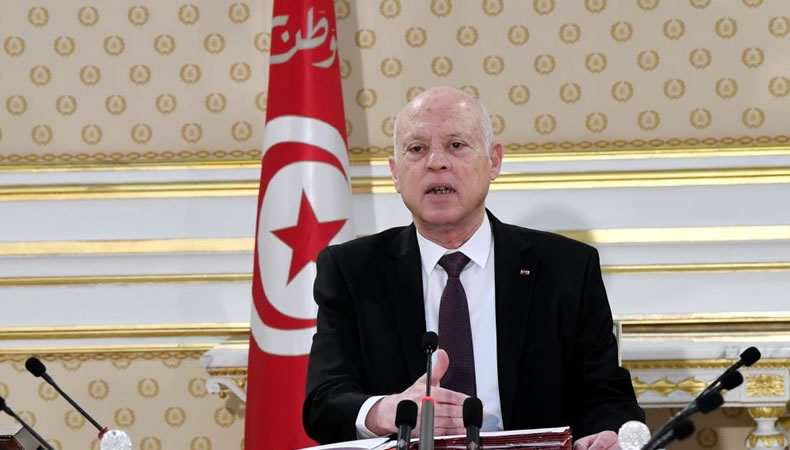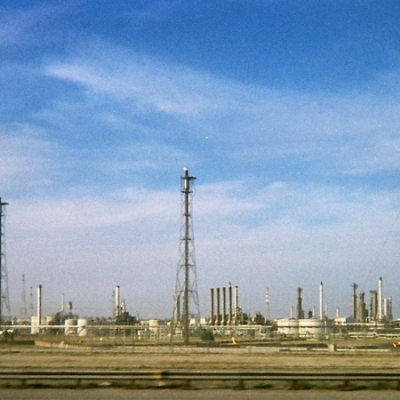After Referendum Vote Tunisian Dream Of Democracy In Shambles

 Tunisia– What was expected to go ‘kaput’ has won the dictatorial leader of Tunisia the permission to change and alter the constitution. President Kais Saied’s popularity showed in the way his supporters flocked the polling boots to support the referendum.
Tunisia– What was expected to go ‘kaput’ has won the dictatorial leader of Tunisia the permission to change and alter the constitution. President Kais Saied’s popularity showed in the way his supporters flocked the polling boots to support the referendum.
Local media reports state that the turnout on referendum day has been higher than many observers had expected, showing that Mr Saied continues to enjoy some personal popularity almost three years into his mandate.
While Saied has piggybacked on the middle-class crises and their hope for better governance, his stronger critics have said that the change in the constitution is the death of democracy in Tunisia. The new constitution would lock in presidential powers that could tip Tunisia back into dictatorship. Many boycotted the vote.
Since 2011, Saied has continued to rule through decree. He has gone to develop a different kind of dictatorial ruling system, even after the country was rid of something worst through the Arab Spring.
Related Posts
The new constitution, which replaces one drafted in 2014 three years after the Arab Spring, would give the head of state full executive control, supreme command of the army and the ability to appoint a government without parliamentary approval.
For many Tunisians, this referendum is a betrayal of what the Arab Spring stood for; though speaking to the media, Saied says otherwise. It took some 23 years to overthrow President Zine El Abidine Ben Ali. Now, Tunisians are forced to face Saied and its dictatorial ways through softer measures.
The new text would place the president in command of the army, allow him to appoint a government without parliamentary approval and make him nearly impossible to remove from office.
He could also present draft laws to Parliament, which would be obliged to give them priority. The new charter “gives the president almost all powers and dismantles any check on his rule and any institution that might exert any kind of control over him,” said Said Benarbia, regional director of the International Commission of Jurists. “None of the safeguards that could protect Tunisians from Ben Ali-type violations are there anymore.”









